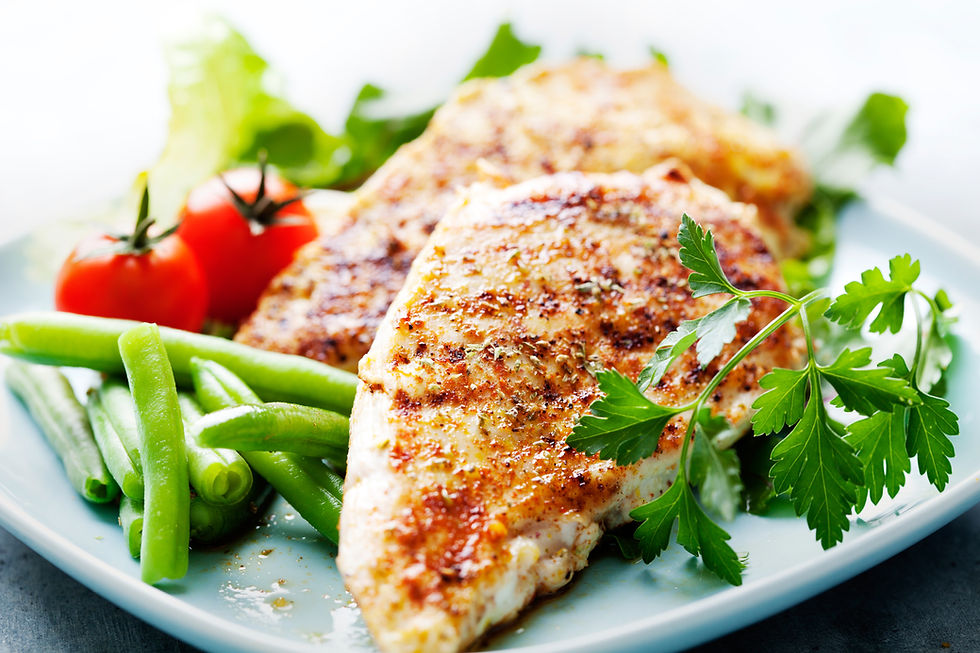Top Vitamins and Minerals Supporting Your Immune System
- LifestyleDevelopmentScience
- Feb 28, 2021
- 2 min read

Vitamin A
Helps support t-cells and other white blood cells including CD4 helper cells. Important for skin health, the function of tissue linings such as those found in the nose, gut and bladder
Food sources include: liver products like pate, oily fish, dairy products, green leafy vegetables, red vegetables, orange and yellow fruits and vegetables

Vitamin B6
Assists in the production of new immune cells, including t-cells which help regulate the immune system. Helps the body to produce a protein which supports the action of white blood cells
Food sources include: pork, chicken, turkey, tuna, salmon, egg, yeast extract, soya beans, banana, avocado, green peppers, fortified cereals

Vitamin B12
Assists in the production of white blood cells
Food sources include: meat, fish, shellfish, milk, cheese, eggs, fortified yeast extract and fortified breakfast cereals

Vitamin C
Helps to maintain skin, our external barrier to infection, and also assists in wound healing. Supports immune cells in attacking pathogens, and helps to clear old immune cells away from the site of infection
Food sources include: citrus fruits, green vegetables, red and green peppers, strawberries blackcurrants, broccoli

Copper
Assists in the production of red and white blood cells and helps to both protect and fuel the cells of the immune system
Food sources include: fish, bread, breakfast cereals, rice, pulses, avocado, dried fruit, nuts, seeds

Vitamin D
The process is not entirely clear, but there is evidence showing low levels of vitamin D is associated with an impaired immune response
Food sources include: oily fish, eggs, fortified products, red meat

Folate
Assists in the production of new immune cells and also helps with cell division
Food sources include: leafy green vegetables, pulses, oranges, berries, nuts and seeds, cheese

Iron
Helps maintain the health of immune cells
Food sources include: red meat, beans, pulses, nuts and seeds, fish, most dark green leafy vegetables, liver (liver should be avoided during pregnancy)

Selenium
Assists in the production of new immune cells and can help to strengthen the body's response to infection
Food sources include: nuts and seeds, eggs, poultry, fish, shellfish

Zinc
Helps to produce new immune cells and enzymes. Assists in the development of ‘natural killer cells’ that help fight off viruses and support communication between immune cells
Food sources include: meat, oysters, poultry, cheese, nuts and seeds, fortified wholegrain breakfast cereals
Dr Macciochi, J. (2020). Immunity The Science of Staying Well. London: Harper Collins
British Nutrition Foundation https://www.nutrition.org.uk
NHS, Vitamins and Minerals https://www.nhs.uk/conditions/vitamins-and-minerals/
NHS, Eat Well https://www.nhs.uk/live-well/eat-well/






Comments